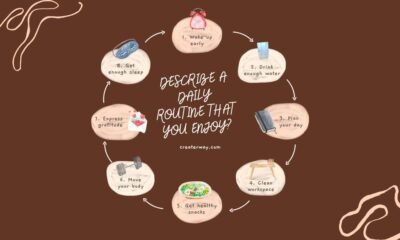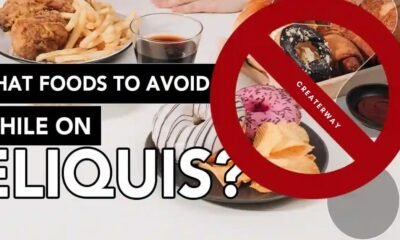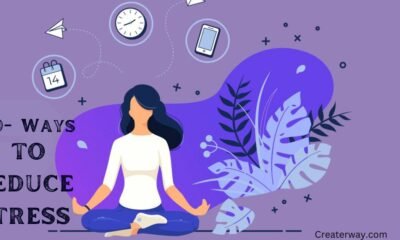HEALTH
EMERGENCY TREATMENT FOR HIGH BLOOD PRESSURE AT HOME
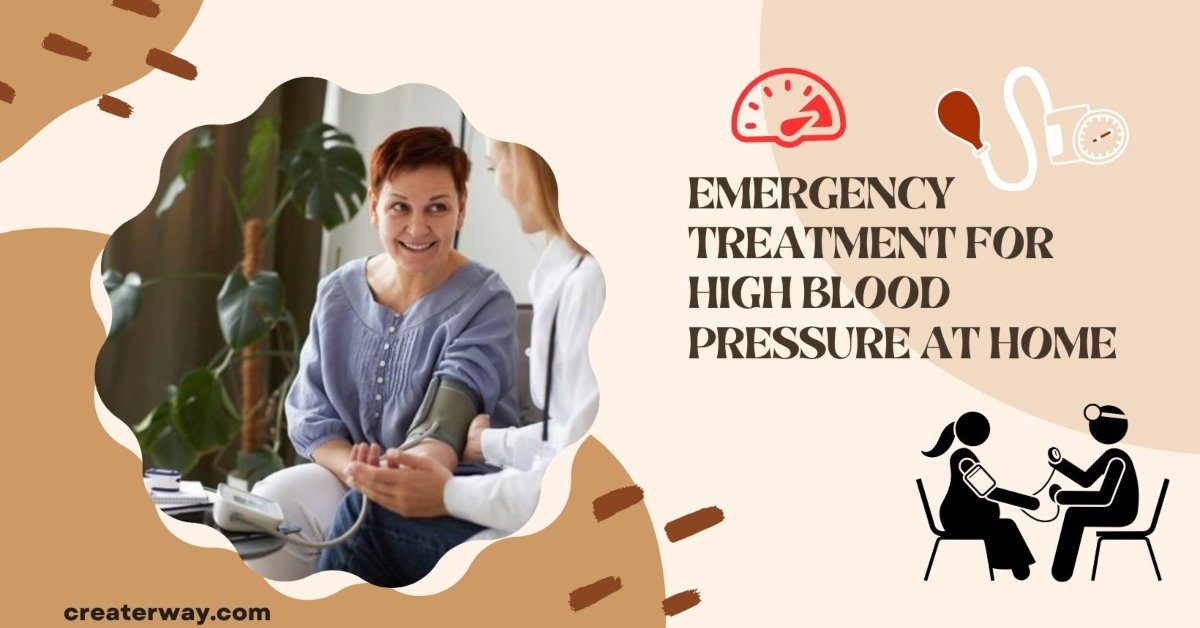
High blood pressure, also known as hypertension, is a common condition that affects millions of people worldwide. When left untreated, high blood pressure can lead to serious health problems, such as heart attacks, strokes, and kidney disease. While emergency treatment for high blood pressure typically requires medical attention, some steps can be taken at home to help manage and lower blood pressure in the event of an emergency. Signs of a Hypertensive Emergency:
A hypertensive emergency occurs when blood pressure reaches extremely high levels and requires immediate medical attention. Some of the signs and symptoms of a hypertensive emergency may include:
- Severe headache
- Chest pain
- Shortness of breath
- Vision changes
- Seizures
- Numbness or weakness in the arms, legs, or face
- Confusion or disorientation
- Nosebleeds
- Unresponsiveness
If you or someone you know is experiencing any of these symptoms, it is important to seek medical attention right away.
Lifestyle Changes to Help Manage High Blood Pressure
In addition to seeking medical attention, there are lifestyle changes that can help manage high blood pressure and prevent a hypertensive emergency from occurring. Some of these lifestyle changes may include:
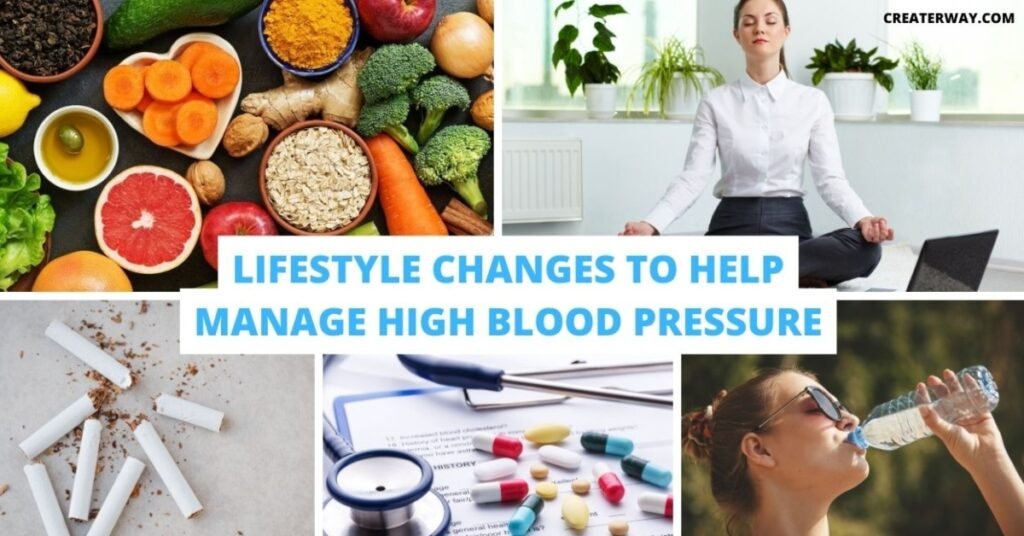
- Diet:
A healthy diet can help lower blood pressure and reduce the risk of heart disease. A diet that is rich in fruits, vegetables, whole grains, lean proteins, and low-fat dairy products is recommended. Foods that are high in sodium, saturated fats, and cholesterol should be avoided.
- Exercise:
Regular physical activity can help lower blood pressure and improve overall health. Aim for at least 30 minutes of moderate-intensity exercise, such as brisk walking or cycling, most days of the week.
- Weight Management:
Maintaining a healthy weight can help lower blood pressure and reduce the risk of heart disease. If you are overweight, losing just a few pounds can make a big difference in your blood pressure.
- Smoking Cessation:
Smoking can increase blood pressure and damage blood vessels, leading to an increased risk of heart disease. Quitting smoking can help lower blood pressure and reduce the risk of heart disease.
- Stress Reduction:
Chronic stress can lead to high blood pressure and increase the risk of heart disease. Relaxation techniques, such as deep breathing, meditation, or yoga, can help reduce stress and lower blood pressure.
When to Seek Medical Attention
While lifestyle changes can help manage high blood pressure, it is important to seek medical attention if blood pressure reaches dangerously high levels. If you or someone you know is experiencing any of the signs and symptoms of a hypertensive emergency, such as severe headache, chest pain, shortness of breath, or confusion, it is important to seek medical attention right away. In addition, if blood pressure consistently measures above 180/120 mm Hg, it is important to seek medical attention.
In the event of a hypertensive emergency, an emergency treatment for high blood pressure at home may be necessary. Some of the steps that can be taken include:
- Call 911:
If you or someone you know is experiencing a hypertensive emergency, call 911 immediately. This is the quickest way to get medical attention and ensure that the person receives the appropriate treatment.
- Relaxation:
If blood pressure is high but not at emergency levels, relaxation can help lower blood pressure. Lie down and elevate your legs, and try to relax as much as possible. Avoid any activities that may increase blood pressure, such as exercise or physical exertion.
- Medication:
If you have been prescribed medication for high blood pressure, take it as directed. If blood pressure is dangerously high, emergency medications may be necessary to lower blood pressure quickly. These medications are typically administered in a hospital setting, but in some cases, emergency medications may be prescribed by a healthcare provider for home use.
- Monitor Blood Pressure:
If you or someone you know is experiencing a hypertensive emergency, it is important to monitor blood pressure closely. Use a home blood pressure monitor to track blood pressure readings, and report any changes to a healthcare provider.
- Hydration:
Dehydration can lead to high blood pressure, so it is important to stay hydrated. Drink plenty of water and avoid beverages that are high in sugar or caffeine.
- Triggers:
Certain activities or substances can trigger a hypertensive emergency. Avoid activities that may increase blood pressure, such as exercise or physical exertion. In addition, avoid substances that can increase blood pressure, such as alcohol, caffeine, and tobacco.
- Seek Medical Attention:
If blood pressure remains high or if symptoms worsen, seek medical attention right away. Emergency treatment for high blood pressure typically requires medical attention, so it is important to seek care as soon as possible.
Refernces of this post
YOU MAY ALSO LIKE TO READ ABOUT Foods That Naturally Cleanse the Intestines








